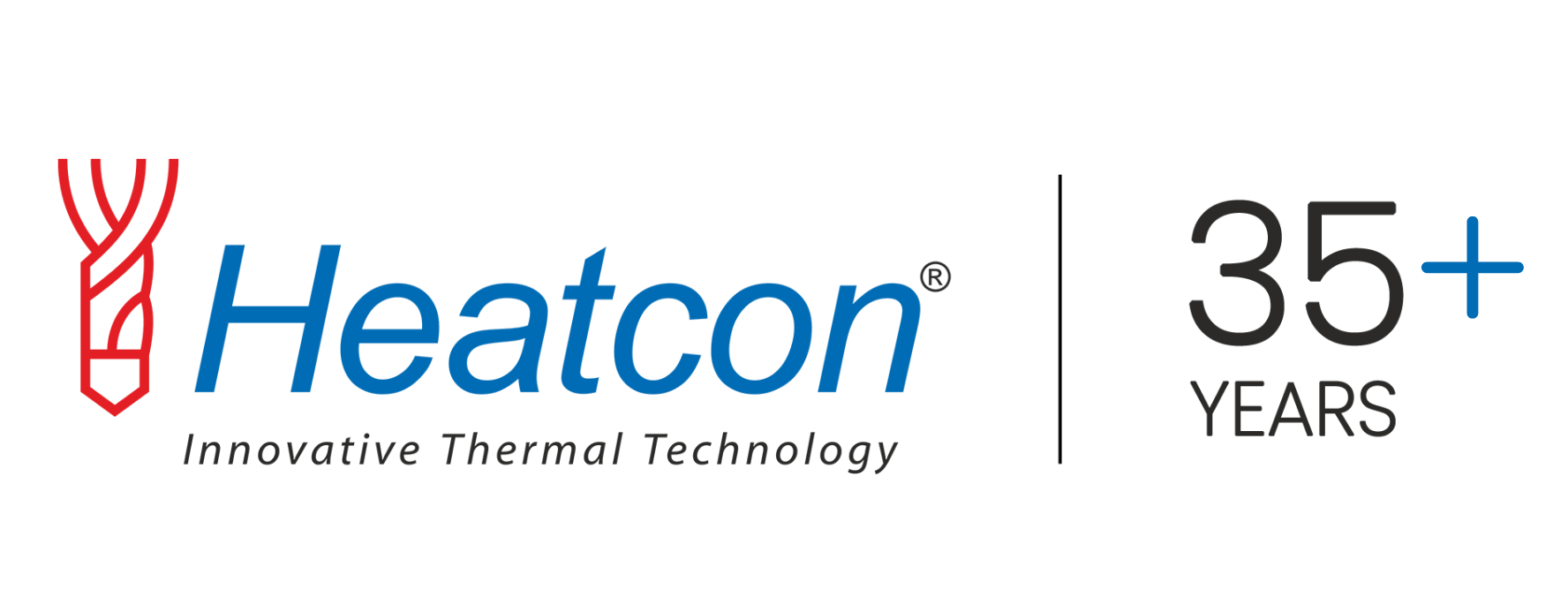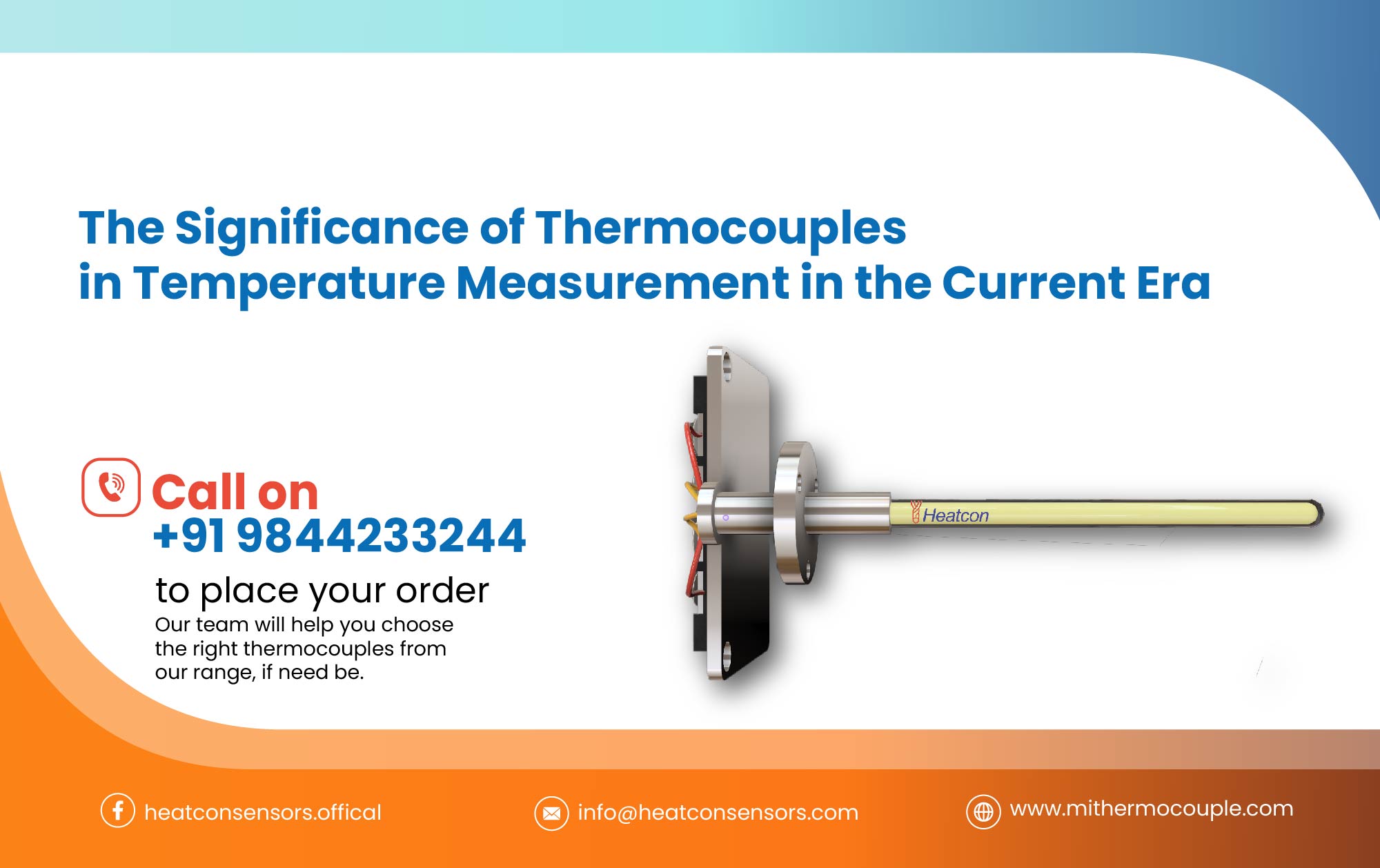Fundamentals of Thermocouples
Temperature measurement stands as a sturdy pillar in numerous industrial processes, exerting considerable influence over product(s) quality, process efficiency, as well as overall safety. Emerging as a significant tool for precise temperature measurements across diverse industrial applications, significance of thermocouples in temperature measurement can’t be overlooked. They tend to operate on the principles of the Seebeck Effect. Comprising 2 non-similar electrical conductors that form an electrical junction, thermocouples generate a temperature-dependent voltage that tends to serve as the basis for temperature measurement. Such devices often boast of certain characteristics including interchangeability, affordability, compatibility with standard connectors, and the capacity for measuring a broad spectrum of different temperatures.
Thermocouples Are Self-Powered
Unlike many other methods for temperature measurement, thermocouples tend to be self-powered, and they do not necessitate any external excitation. This incredible versatility of thermocouples in various temperature measurements spans from as low as -200 degrees Celsius (i.e. -328 degrees Fahrenheit) to exceptionally high temperatures reaching up to even +2300 degrees Celsius (i.e. +4172 degrees Fahrenheit). This expansive range renders them applicable across many industries, including medical research, steel manufacturing, aerospace engineering, glass production, and different scientific endeavours.
Advantages of Thermocouples in Temperature Measurement
- Thermocouples tend to exhibit a rapid response time, thus facilitating real-time temperature monitoring & control within the industrial processes. Their ability to detect temperature changes swiftly renders them truly ideal for those industrial applications that require immediate adjustments based on temperature fluctuations.
- Industrial environments at times pose different challenges, like moisture, vibrations, exposure to extreme temperatures, corrosive chemicals, etc. They are designed to withstand these harsh conditions. Manufacturers construct thermocouples using materials such as ceramics/metal protection tubes. Using these ensures durability & resistance to corrosion, mechanical stress, and environmental factors while sustaining reliable temperature measurements.
- With advancements in technologies and refined calibration techniques, present-day thermocouples can possibly achieve high precision in temperature accuracy within a few degrees Celsius (Fahrenheit). Such a mark of accuracy meets stringent requirements in various industries like pharmaceuticals, food processing, scientific research, etc.
More on Thermocouples Advantages
- They provide an optimal balance between performance & cost. These devices have emerged as a preferred choice for measuring temperatures in many industrial processes. Their costs are relatively lower as compared to alternative heating sensors. Other heating systems are resistance temperature detectors (RTDs) and infrared pyrometers. They are combined with durability & longevity. These tend to contribute to cost savings in the long run.
- Also, these come in a wide range of configurations & types tailored to suit different industrial applications. Different combinations of metals tend to yield distinct types of thermocouples. These include Type K, Type J, Type T, etc.. Each of these have their own temperature ranges, sensitivity, and resistance to environmental factors. Such versatility helps to customize thermocouples to fit specific temperature measurement solutions with different industrial requirements.
- Standardized electrical colour codes & characteristics allow thermocouples to seamlessly integrate & interchange with a broad range of instruments & control systems. You can easily incorporate thermocouples into many types of existing industrial setups without necessitating any modifications or additional equipment.
In conclusion, thermocouples play a fundamental role in industry-wide temperature measurements, offering durability, accuracy, varied temperature range, quick response times, and versatility. Their applications span diverse industries, ensuring product quality, process control, and most importantly, safety. Proper installation, calibration, and maintenance are highly imperative for reliable & accurate temperature measurements. The continuous development of thermocouple technologies promises further enhancements in accuracy, sensitivity, and robustness. This reinforces their significance in industrial temperature measurement. You can procure the best products from Heatcon!


